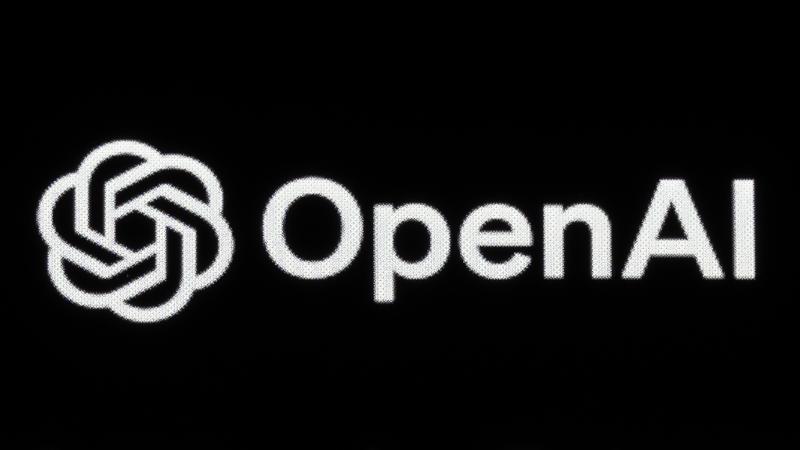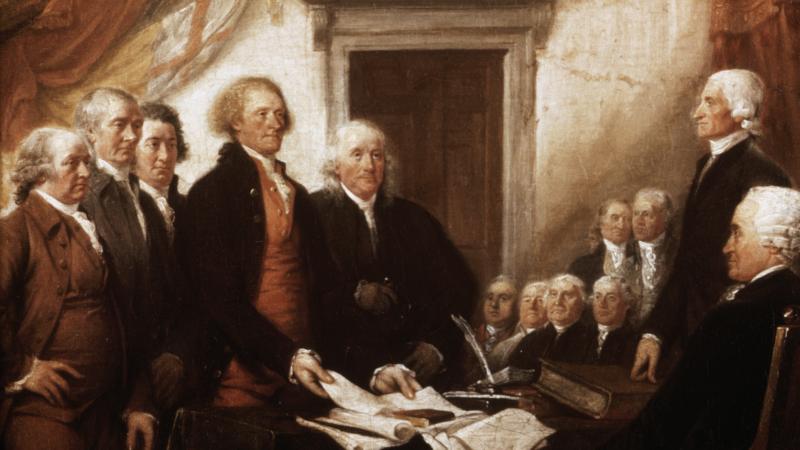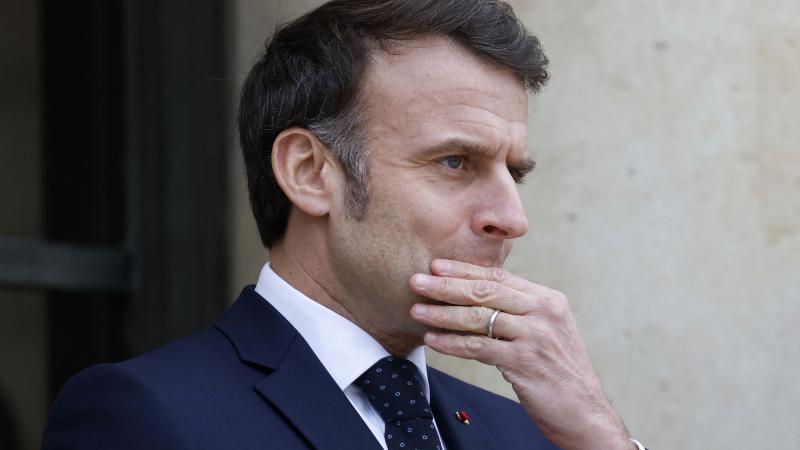DOJ proposes rollback of protections for platforms like Twitter, Facebook and Google
The old rules have allowed social media 'virtually unfettered discretion to censor third-party content,' DOJ says.
Amid outcries from conservatives claiming censorship by numerous social media platforms, the Justice Department on Wednesday proposed revisions to a federal law that has shielded Internet companies like Facebook, Twitter and Google from liability involving content published on their servers.
Section 230 of the Communications Decency Act, passed in 1996, stipulates that "no provider or user of an interactive computer service shall be treated as the publisher or speaker of any information provided by another information content provider." That protection from liability has been enjoyed most notably by outlets such as Facebook and Twitter, which have thrived on relatively open communication between users.
Yet those companies and others have come under fire in recent months and years over what some users claim is biased, uneven enforcement of censorship policies, with conservatives purportedly being the target of unfair restrictions. Twitter, for instance, recently flagged several tweets from prominent Republican politicians, including President Trump, due to claims that the tweets "glorified violence." Yet the company left numerous similar tweets from progressive users untouched.
In a press release, the Justice Department said that the past 25 years of technological change "left online platforms unaccountable for a variety of harms flowing from content on their platforms and with virtually unfettered discretion to censor third-party content with little transparency or accountability. "
The new rules will be aimed at "incentivizing platforms to address the growing amount of illicit content online," the department said; the revisions will also "promote free and open discourse online," "increase the ability of the government to protect citizens from unlawful conduct," and promote competition among Internet companies.
In announcing the changes to the 26-year-old rules on Wednesday, Attorney General William Barr said: “When it comes to issues of public safety, the government is the one who must act on behalf of society at large."
"Law enforcement cannot delegate our obligations to protect the safety of the American people purely to the judgment of profit-seeking private firms. We must shape the incentives for companies to create a safer environment, which is what Section 230 was originally intended to do," he said.
"Taken together, these reforms will ensure that Section 230 immunity incentivizes online platforms to be responsible actors. These reforms are targeted at platforms to make certain they are appropriately addressing illegal and exploitive content while continuing to preserve a vibrant, open, and competitive internet."
Trump last month signed an executive order directing the Federal Communications Commission to review Section 230 to see if social media companies' censorship of content renders their protections under that law null and void.
















